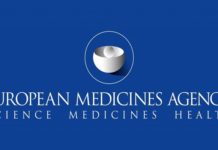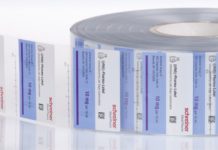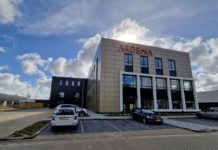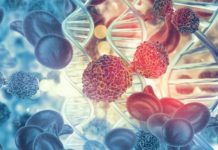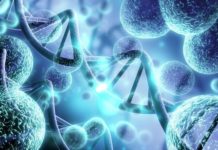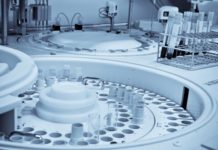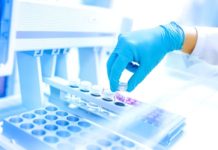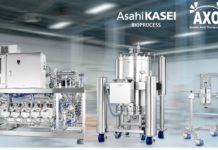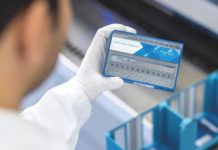The Medicines Discovery Catapult will open a new dedicated laboratory at Bruntwood SciTech’s Alderley Park in Cheshire, making it one of the government’s national hubs for Covid-19 testing.
Medicines Discovery Catapult is also helping to co-ordinate the establishment of the UK’s new hub laboratories being developed in Milton Keynes and Glasgow.
The hubs are being created to help deliver Covid-19 testing at advanced rates with the potential of allowing uninfected frontline staff to return to work.
The Medicines Discovery Catapult has worked with a range of UK expertise including academia, NHS, biotech and industry to deliver its testing facility. Universities, research institutes and commercial companies across Britain are lending their testing equipment to the new hub laboratories.
The laboratory at Alderley Park will receive samples from across the UK to be tested for Covid-19 – with the facility reportedly running around the clock.
Professor Chris Molloy, chief executive officer at Medicines Discovery Catapult said: “At a time of national challenge, harnessing the great strengths of the UK’s businesses, universities, the NHS and research institutes requires expert teams working to a common purpose.
“The immense effort by so many partners to establish these national hub laboratories will provide vital information on the level of Covid-19 infection across the UK. It also demonstrates innovative medical science being delivered at scale.
“At Medicines Discovery Catapult, we are well placed to lead the establishment of the hub laboratory at Alderley park bringing together the scientific, clinical and industrial know-how from many organisations – engaging a skilled local workforce – to support increased capacity Covid-19 testing.”
Dr Kath Mackay, managing director of Bruntwood SciTech – Alderley Park added:“At Alderley Park we have the infrastructure and network of expertise that the Medicines Discovery Catapult needs to launch this critical facility, and we are proud to be working together with the wider science community on such a vitally important project.”



